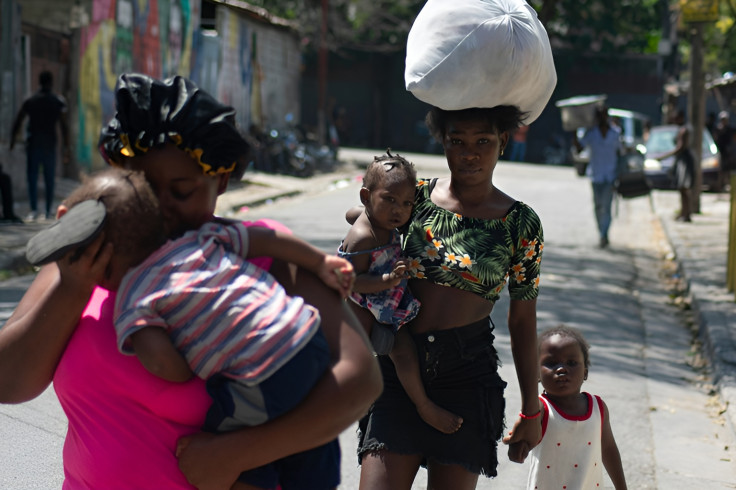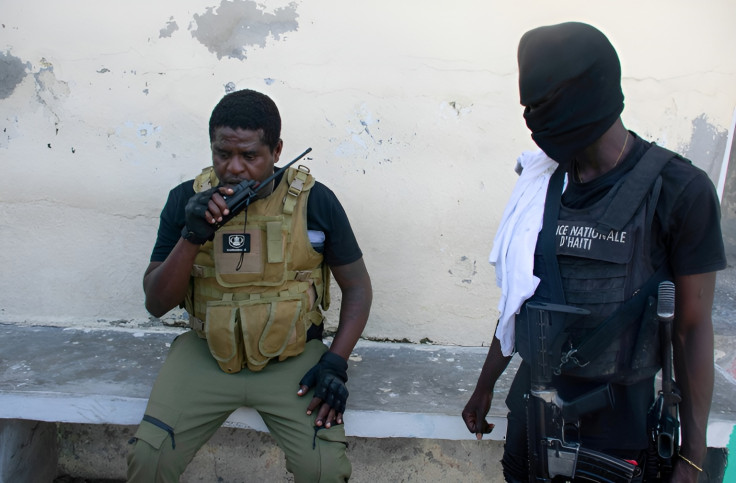
As Haiti continues its descent into chaos, its diaspora is getting increasingly affected by the lawlessness that dominates the gang-dominated country.
Many of those with family members and loved ones live in Miami, which boasts a large Haitian community that has been growing since the 1970s and 1980s, when thousands migrated to the U.S. seeking to escape economic crises and military dictatorships.
A NBC News report highlighted one of the cases taking place right now, where a family member of Haitian migrant Steeve Pierre was kidnapped for ransom by one of the criminal groups who already control 80% of the country's capital, Port-au-Prince.
Pierre's cousin, Antoine, was taken while delivering goods in a truck, and is in the middle of a negotiation for his life, as his family can't afford the half a million dollars the gang wants for his release.
The outlet recounted that the family of another Haitian migrant, Anderson Charles, has gone into hiding in the countryside out of fear for their lives. While away, a gang broke in to steal possessions, but stayed after realizing the family had relatives in the U.S. so they could kidnap them for ransom. They were alerted by neighbors and have gone into hiding while the situation continues.
"I spoke to my aunt this morning, and she's scared. "She doesn't have money and it's hard for me to send it because, when they go to a bank or Western Union, they are being watched by gang members," Charles told NBC News.
The current situation in the country is one of uncertainty. Earlier this week it seemed to make progress after Prime Minister Ariel Henry announced he would step down once a transitional council was formed. Moreover, U.S. Secretary of State Antony Blinken guaranteed additional funding for an international intervention.
The U.S. and Canada have collectively pledged $350 million for the mission, but rejected sending troops for what would be a high-risk intervention. Kenya had initially agreed to lead the force, but local courts have paralyzed the efforts. The U.S., however, showed confidence that the country would be able to do so after the transition takes place.

The council will give space to representatives of major political parties, civil society and the church but drew the line at anyone under UN sanctions or charged or convicted of crimes.
The prohibition would rule out roles for two of the most feared gang leaders -- Jimmy Chérizier, a former policeman nicknamed "Barbecue" whose 2022 blockade of Haiti's fuel terminal plunged the nation deeper into collapse, and Guy Philippe, who pleaded guilty in a Miami court in 2017 to accepting up to $3.5 million in bribes from drug traffickers when he held a senior police position.
Barbecue in a video vowed not to recognize the council's authority, accusing the international community of favoring a small coterie of politicians. "Our goal is to topple the system. I call on the Haitian people to take to the streets and voice their frustrations and exercise legitimate violence against those who have made us suffer for so many years," Barbecue said.
© 2024 Latin Times. All rights reserved. Do not reproduce without permission.







